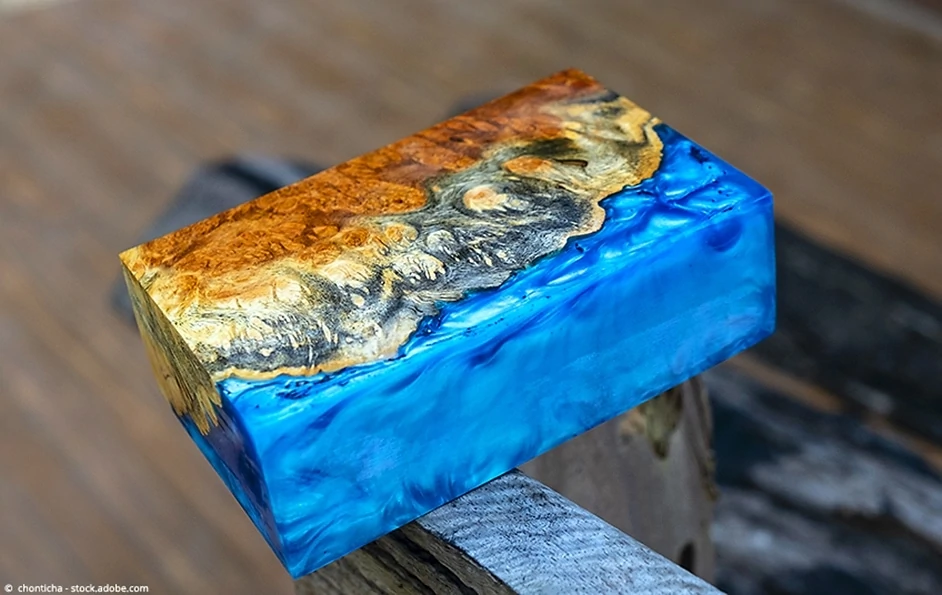
Epoxidharz Ratgeber Alles Wissenswerte über Resin
What is Resin? Resin, or epoxy resin, is a synthetic material that can be combined with other objects to create many different types of art.The type of resin that is used in art usually begins as a viscous substance and is then cured into a rigid form. While it is a liquid resin, it can be manipulated by adding ingredients and other materials, and once it is fully cured, it is extremely.
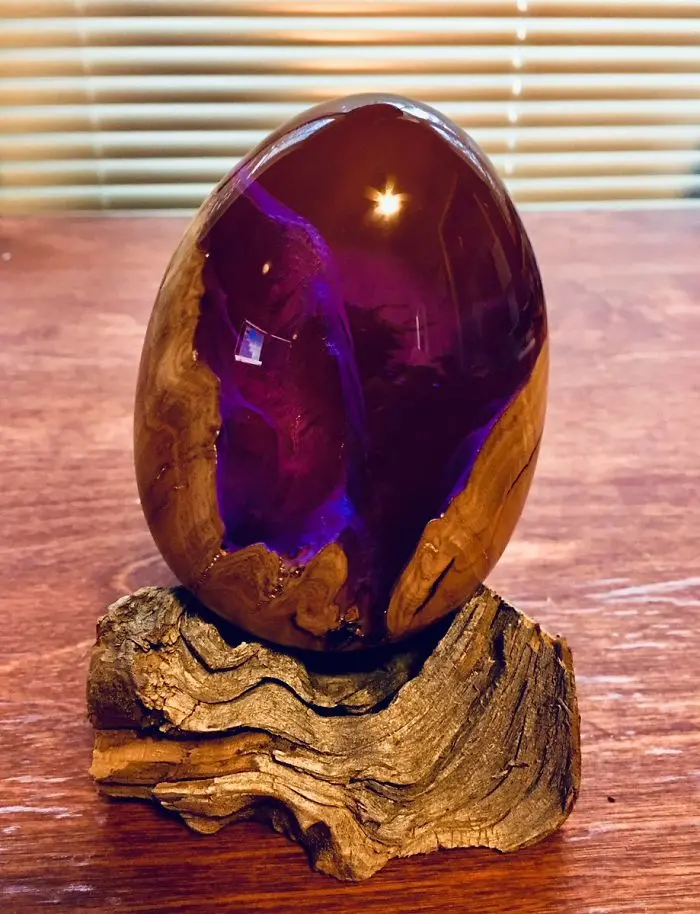
Artist Uses Resin To Create Beautiful Mystical Worlds
Well, generally speaking (as there is more than one type of resin) resin consists of a resin polymer that when combined with a catalyst (or hardener) undergoes a thermic reaction which causes the resin to solidify into a form of your choice by use of a mold.

Was ist Resin? ArtbySDS
Resin is a unique compound that has been around for centuries. If you have ever seen a piece of amber, you have seen nature's version of this liquid. Besides naturally occurring versions, we can make our own. That's what we do for jewelry, art, and crafts.
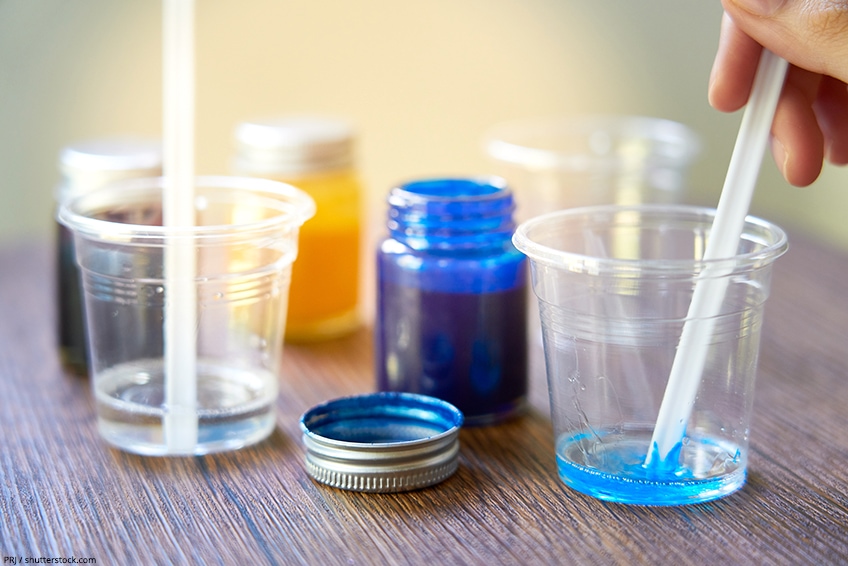
Epoxy Resin kaufen Alle Informationen zu Resin Harz
Resin - What Exactly Is It? Table Of Contents Resin - What Exactly Is It? Uses Through the Ages Resin Types And Modern Usage 1. Epoxy 2. Silicone 3. Polyurethane 4. Polyester 5. Acrylic 6. Polyamide 7. Polypropylene 8. Polystyrene 9. Polyethylene 10. Phenolic

Pin on Resin wall clocks
1. Acrylic. Aptly named, this resin is the material used for clear acrylic products, such as lenses, screens, and containers. It is made by mixing a powder, acrylic polymer, and a liquid called methyl methacrylate monomer, which serves as a hardener. The result is a thermoplastic product that you can reheat and manipulate even after setting.
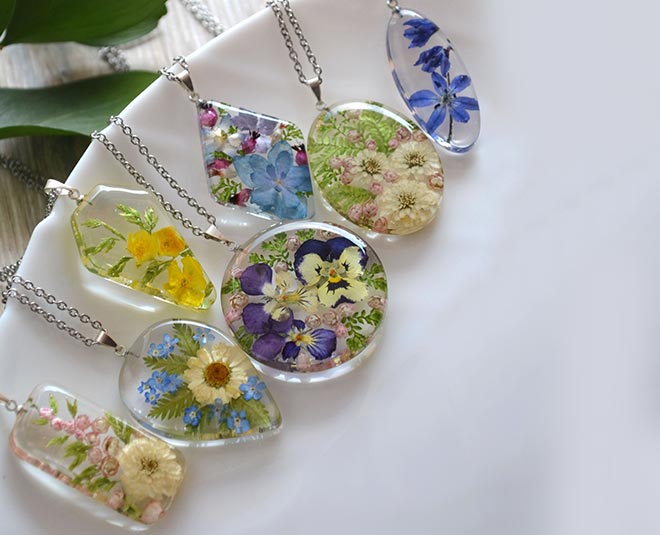
Here Are 4 DIY Projects To Make With Resin HerZindagi
In polymer chemistry and materials science, resin is a solid or highly viscous substance of plant or synthetic origin that is typically convertible into polymers. Plants secrete resins for their protective benefits in response to injury. The resin protects the plant from insects and pathogens.

Resin Kunst Anleitung Epoxidharz gießen DIY für Einsteiger
The word "resin" refers to a broad range of both naturally occurring and manufactured compounds. For the purposes of this discussion, we will be focusing on the types of highly versatile plastic-like substances commonly known as epoxy and polyester resins.

Le Plastique Transparent Granule Image stock Image du extrusion, gant 39705243
Was ist Resin Art? Resin Art bezeichnet die Herstellung von künstlerischen Objekten mithilfe von Epoxidharz. Epoxidharz ist eine Mischung bestehend aus Harz und Härter. Diese beiden Mittel sind flüssig und werden getrennt voneinander verkauft.

Resin mischen Resin Art Tutorial (Deutsch) resin resin mischen YouTube
Resin is a colloid in which the liquid solvent, turpentine, is a mixture of various volatile compounds, called terpenes, and the non-volatile solid compounds compose a waxy mixture, called rosin, that is obtained by distillation of the volatile compounds.

Epoxy Resin Art, Painting, Kunst, Painting Art, Paintings, Painted Canvas, Drawings
Resin handelt es sich um ein für sehr viele unterschiedliche Zwecke einsetzbares Kunstharz, das bei der Mischung von zwei aufeinander abgestimmten Komponenten entsteht. Wird das flüssige Harz mit einem dazu passenden Härter vermischt, so setzt dies eine in der Regel einige Stunden dauernde chemische Reaktion in Gang.
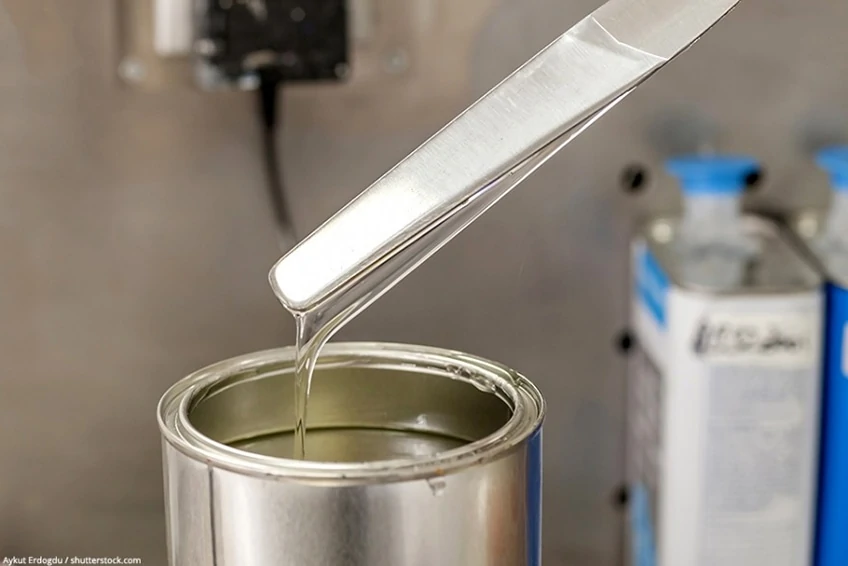
What is Resin Made of Epoxy Resin Compared to Polyester Resin
In polymer chemistry and materials science, a resin is a solid or highly viscous substance of plant or synthetic origin that is typically convertible into polymers. [1] Resins are usually mixtures of organic compounds. This article focuses mainly on naturally occurring resins.

Resin Art Material Das brauchst du für das Giessen mit Epoxy Resin
Resin is a mixture of organic compound s secreted by many plants, especially coniferous trees . Plants evolved many complex chemicals as defences against herbivores. That may be the origin of these resins, which are certainly not good to eat. Plants secrete resins for their protective benefits in response to injury.

10 Really Amazing Resin Art To Inspire You Abstract Resin Art, Resin Art Painting, Diy Resin Art
Synthetic resin Vinyl ester resin is an example of a synthetic resin. [1] Synthetic resins are industrially produced resins, typically viscous substances that convert into rigid polymers by the process of curing. In order to undergo curing, resins typically contain reactive end groups, [2] such as acrylates or epoxides.

Resin von EliChem
resin, any natural or synthetic organic compound consisting of a noncrystalline or viscous liquid substance. Natural resins are typically fusible and flammable organic substances that are transparent or translucent and are yellowish to brown in colour. They are formed in plant secretions and are soluble in various organic liquids but not in water.

Resin Art Step by Step Anleitung für die Epoxidharz Kunst
Resin, the liquid, is a natural substance; a sap that comes from trees. When mixed with hardener (a synthetic substance) it cures and hardens into epoxy resin, a hard clear solid. (Most resin will not harden fully on its own-amber, a type of resin that you may know that comes from conifers, only hardens after millions of years.)

Pin auf resin
Case in point: resin paintings, which are made by mixing pigments, dyes, or liquid tints with resin (usually epoxy) and applying it to a non-porous surface like wood, glass, plexiglass, plastic, or metal. Study up on techniques for painting with resin, and play around with using different types of additives to get different colors and effects.